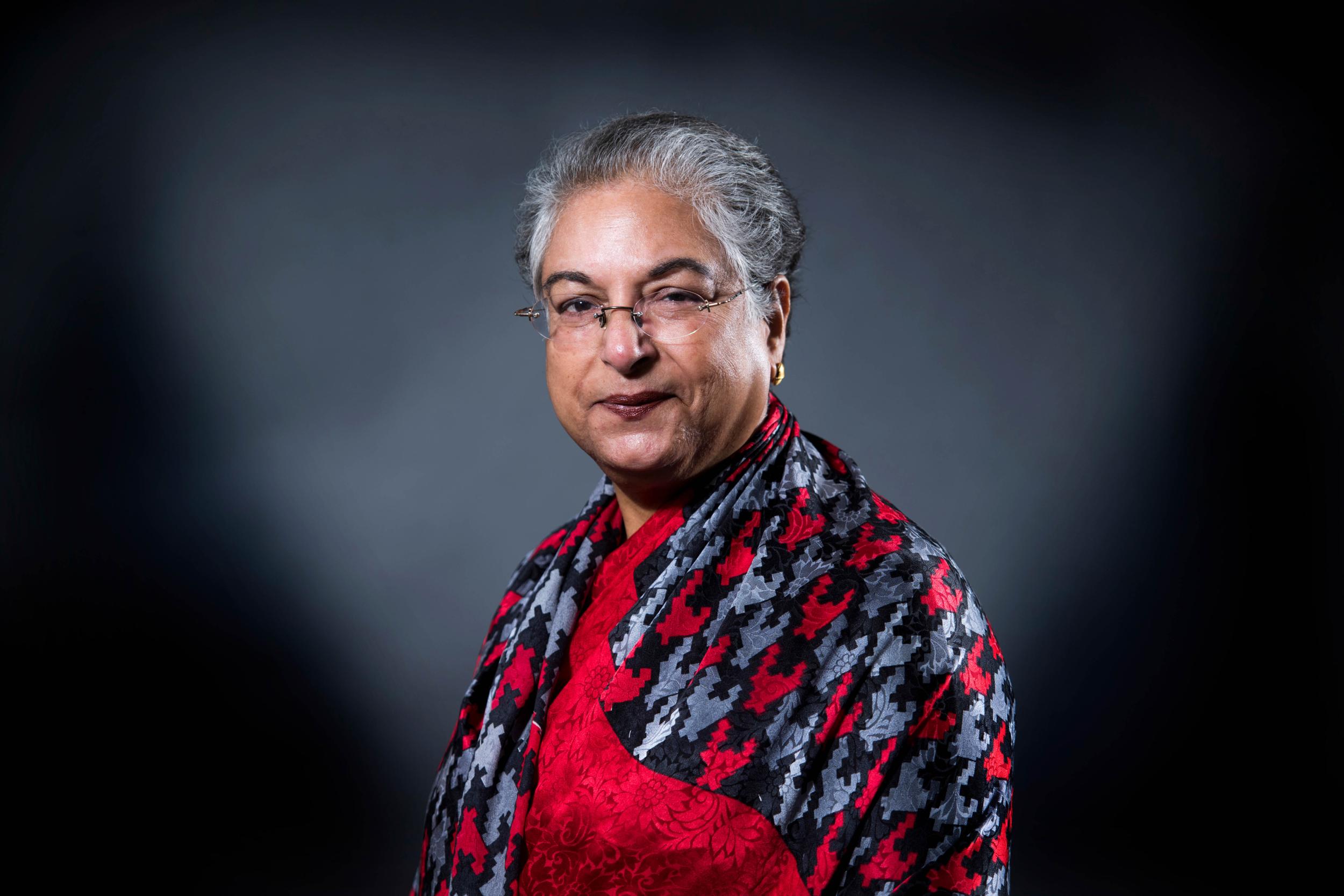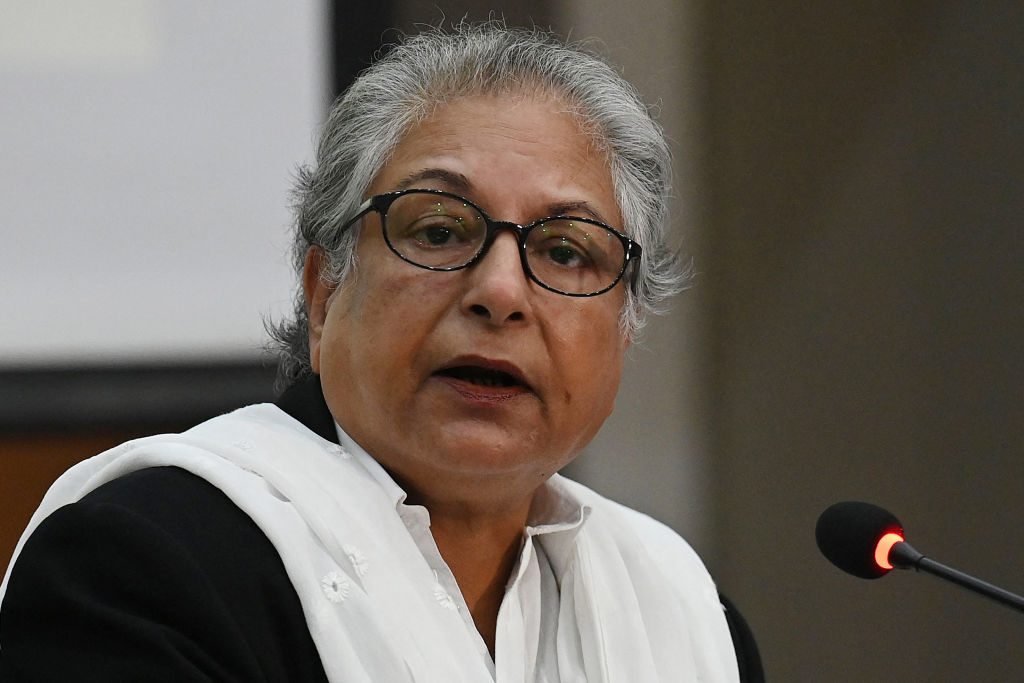Hina Jilani, a prominent human rights lawyer and advocate for democracy in Pakistan, emphasizes the significant influence of the military on the country’s electoral processes. “The military often undermines democratic principles by interfering in politics,” she explains to TIME.
In the recent February 8 elections, the military’s intervention was evident as former Prime Minister Imran Khan was imprisoned, and his party, the Pakistan Tehreek-e-Insaf (PTI), was prevented from campaigning.
Internet services were suspended nationwide, and efforts were made to deter Khan’s supporters from voting. Despite these actions, PTI unexpectedly secured over a third of the 265 parliamentary seats.
This outcome led to a political deadlock, ultimately resolved by a coalition agreement between PTI’s rivals, the Pakistan Muslim League-Nawaz (PMLN), backed by the military, and the Pakistan People’s Party (PPP). As a result, Nawaz Sharif plans to nominate his brother Shehbaz Sharif for prime minister.

Hina Jilani (Credits: World Justice Project)
While PTI’s victory may signal public discontent with military interference, Jilani, a long-time advocate for democracy, remains cautious. “The post-election situation remains uncertain, indicating potential instability for Pakistan,” she notes.
As a co-founder of the Human Rights Commission of Pakistan (HRCP), Jilani has been instrumental in monitoring electoral integrity and advocating for human rights. Reflecting on her upbringing in Lahore under military rule, she witnessed firsthand the suppression of democratic freedoms and the marginalization of women and minorities.
Motivated by these experiences, Jilani and her sister Asma Jahangir established the Women’s Action Forum to challenge societal and political injustices.
One pivotal moment in Jilani’s career was the tragic case of Samia Sarwar, a woman seeking legal assistance to escape an abusive marriage. Sarwar’s murder highlighted the urgent need for legal reforms to address honor killings and protect women’s rights in Pakistan.
Despite facing threats and risks, Jilani remains committed to her advocacy work, emphasizing the importance of independent human rights organizations like HRCP in promoting accountability and justice.
In the lead-up to the recent elections, HRCP raised concerns about electoral integrity, citing instances of vote rigging and manipulation. Jilani emphasizes the need for responsible opposition and constructive dialogue between political parties to address Pakistan’s economic challenges and ensure good governance.
Looking ahead, Jilani stresses the importance of democratic principles and public engagement in shaping Pakistan’s future. “Despite obstacles, the Pakistani public’s participation in the electoral process is crucial for fostering stability and democratic progress,” she concludes.























